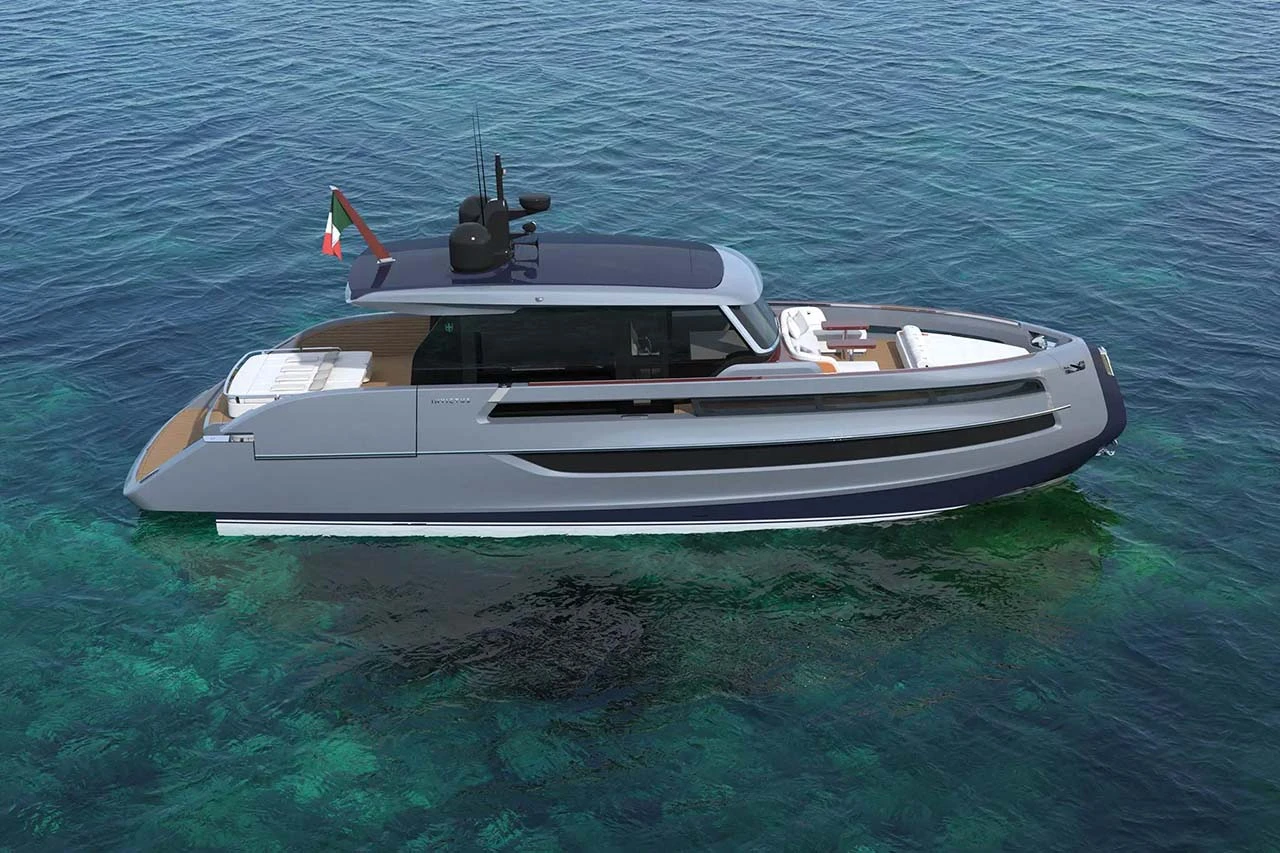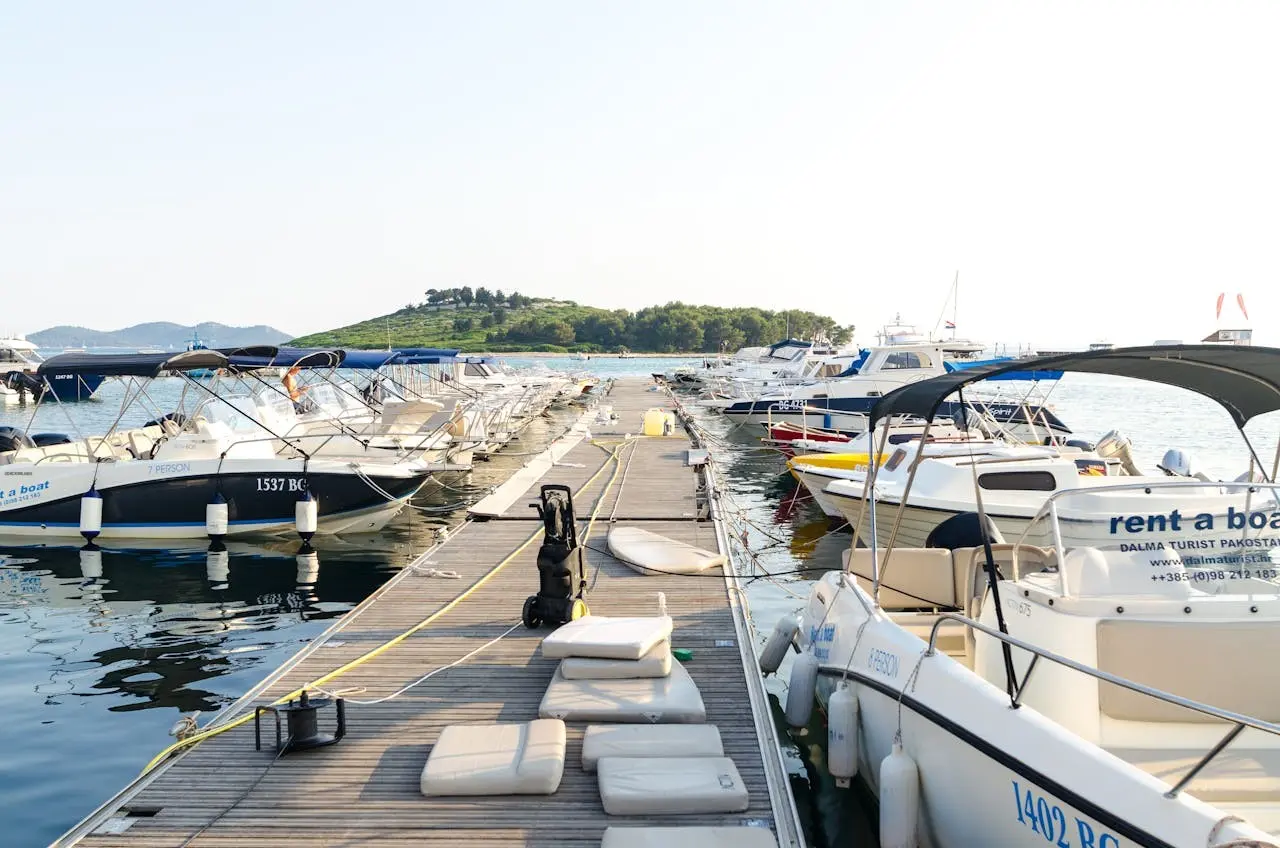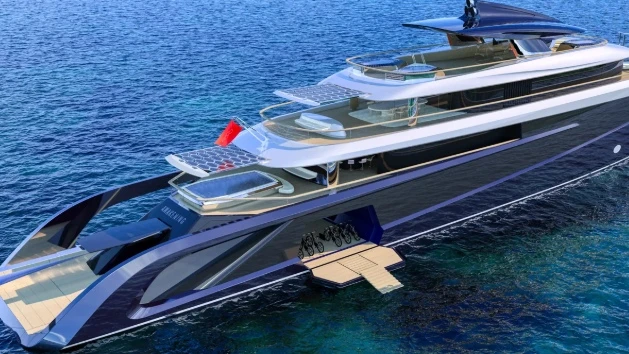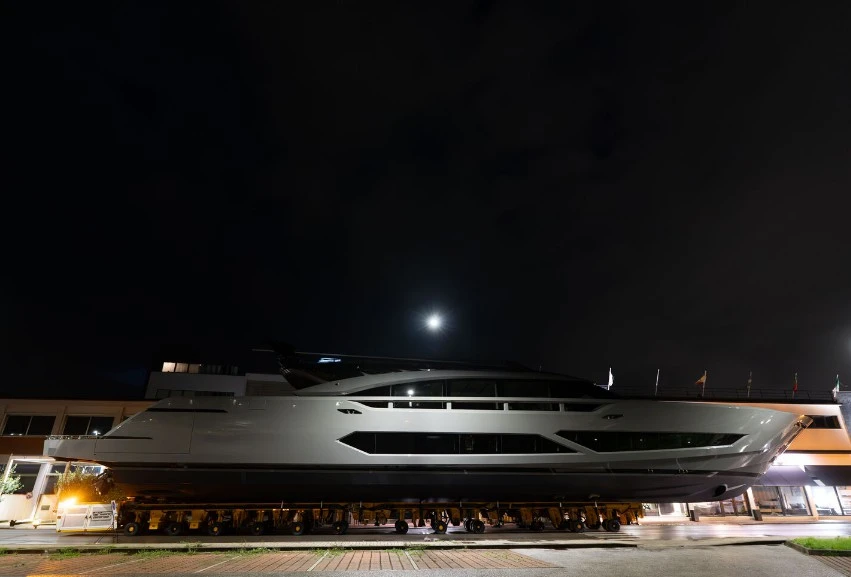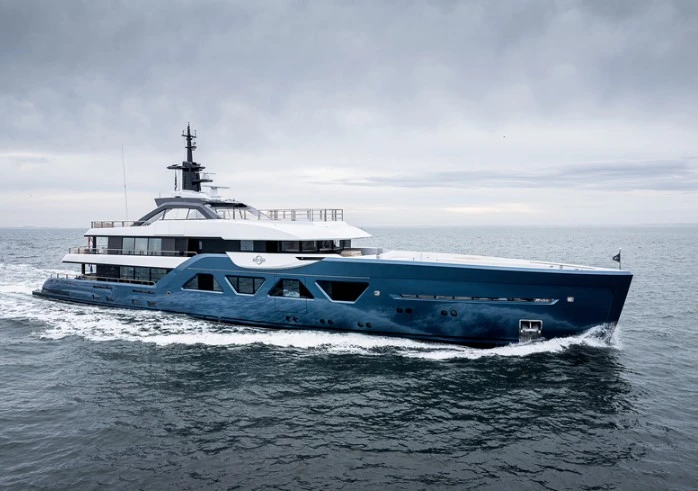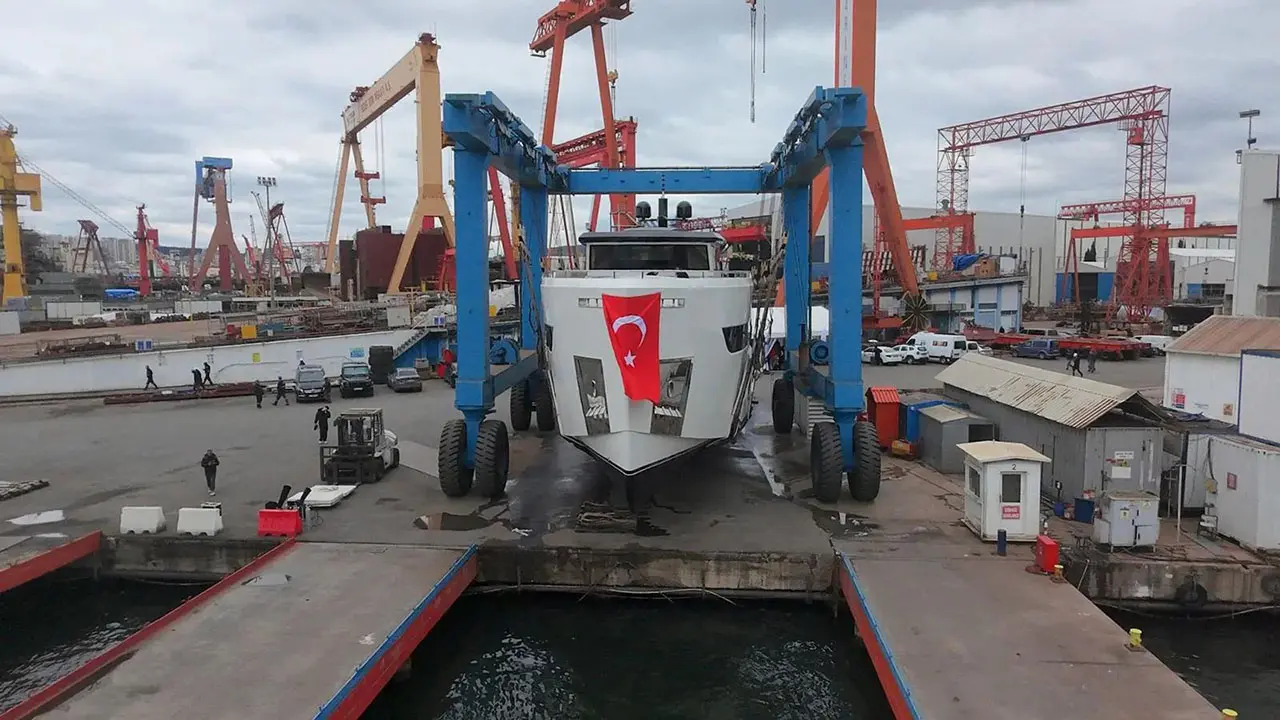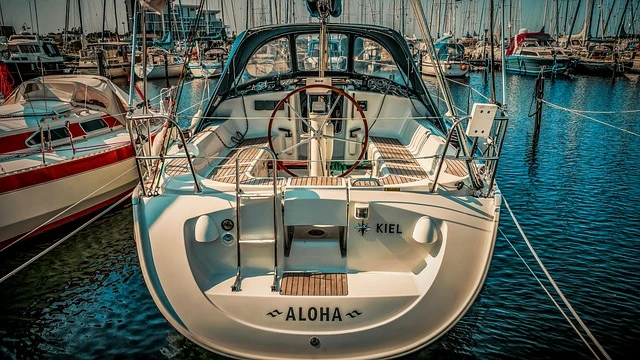When you embark on a yachting journey, how far a yacht can sail is something that many people wonder about. Yachts can travel between 300 nautical miles and 500 nautical miles on a full tank of fuel, and the exact distance traveled depends largely on factors such as the size of the yacht, fuel capacity, and engine efficiency. This guide will give you an overview of how far a yacht can travel and a few factors that determine how far a yacht can travel.
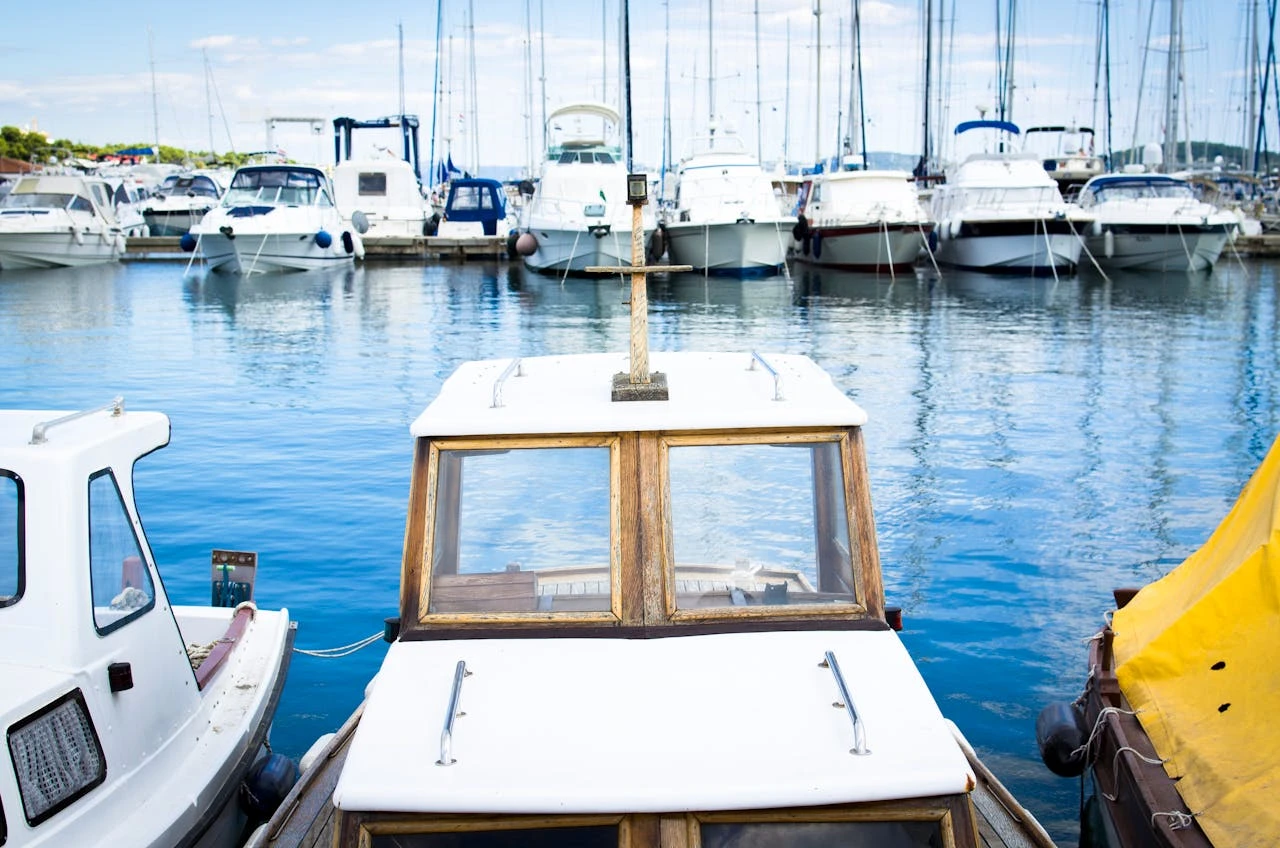
How far can a yacht sail on a full tank of fuel?
A yacht can travel 300-500 nautical miles on the water with a full tank of fuel, depending on several factors, including the size, type and fuel of the yacht. Larger yachts with larger fuel tanks will be able to travel farther, and a more efficient engine will also have a longer range. When planning a long trip, choosing a yacht with a large fuel capacity and an efficient engine can take you on a voyage that will take you farther.
What is the average range of different yacht types?
The average range of different yacht types varies greatly, depending mainly on the yacht design, size and mechanical systems. Generally speaking, a motor yacht has an average range of 200 to 800 nautical miles. A motor yacht relies heavily on fuel to move forward, and the exact distance depends on the capacity of the motor yacht's fuel tanks and the amount of fuel it carries. A sailboat, on the other hand, has an average range of 50 to 1,500 nautical miles. A sailboat can rely on sails and fuel to travel, and when the fuel runs out, the sailboat can continue to move forward through the sails, which gives it a much longer range than a motor yacht.
Factors that determine the distance a yacht can travel
The distance traveled by a yacht is determined by a number of factors, here are a few of them:
Yacht size and fuel capacity
One of the factors that determine the distance traveled by a yacht is the fuel capacity of the yacht. The more fuel a yacht carries, the further the yacht will travel if it is constantly refueled while underway. Larger sized yachts usually have larger fuel tanks and a larger fuel capacity, allowing them to sail long distances at sea and not need to stop for refueling as often.
Hull design and weight
The design and weight of a yacht's hull has a significant impact on the distance a yacht can travel. The shape of the hull affects the resistance of the yacht in the water, which in turn affects the fuel efficiency of the yacht. A yacht with a smooth hull is likely to be more fuel efficient and travel farther on the same amount of fuel than a conventional yacht. In addition to this, the weight of the yacht also determines the distance traveled, with heavier yachts generally requiring more fuel to propel them through the water, which significantly reduces the distance traveled.
Yacht Engine Performance
The performance and power of a yacht's engine has a direct impact on the distance a yacht can travel. Yachts with high-performance engines tend to travel longer distances at faster speeds in less time, but at the cost of increased yacht fuel consumption. Yachts with smaller engines may travel slower on the water, but they can save a lot of money on fuel costs and can travel longer distances.
Weather conditions
Weather plays a vital role in a yacht's ability to sail. Unfavorable weather such as strong winds, waves and storms can hamper a yacht's sailing speed and increase fuel consumption, while sunny weather conditions can increase the distance a yacht can sail. When sailing in bad weather conditions, for example, the yacht may struggle with strong headwinds or waves, which can reduce the yacht's sailing distance or even change course.
Maintenance and upkeep
Proper care and maintenance will ensure that the yacht sails efficiently. Well-maintained engines and hulls can improve fuel economy and overall performance, allowing the yacht to travel longer distances on the water. Regular maintenance and servicing will also prevent the yacht from developing problems that limit its range, especially on long voyages.






 Leave the comment
Leave the comment
